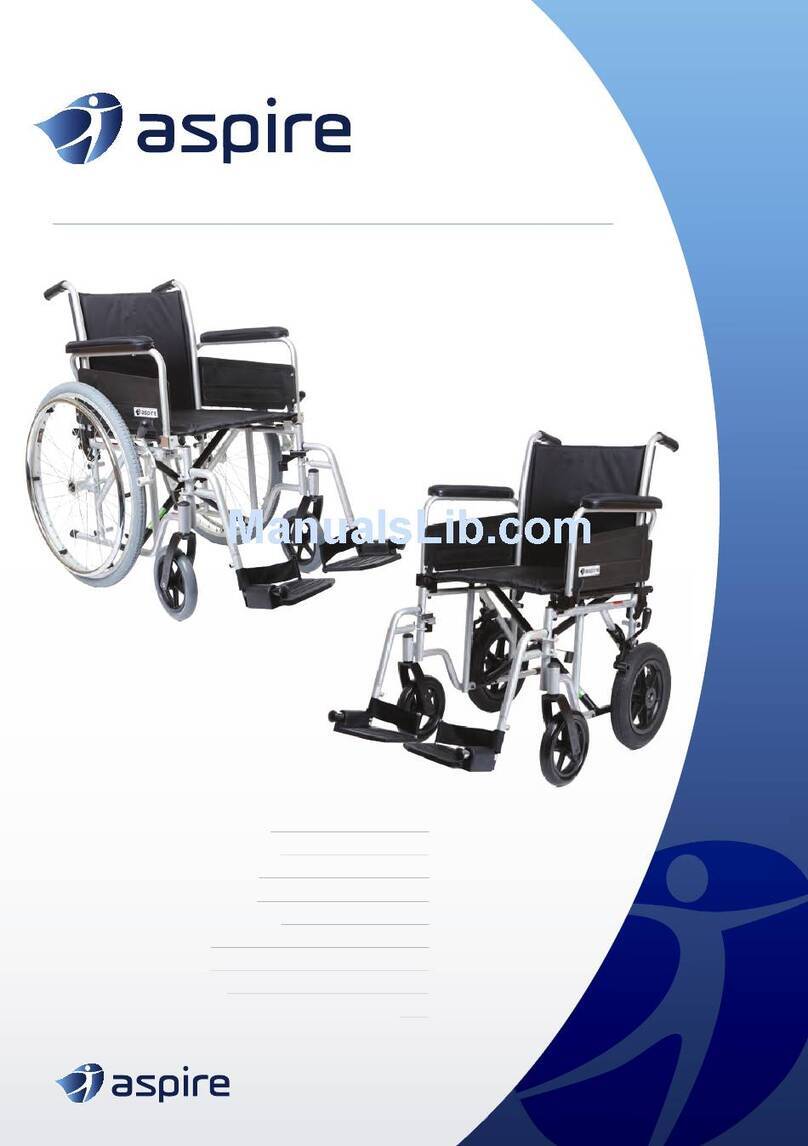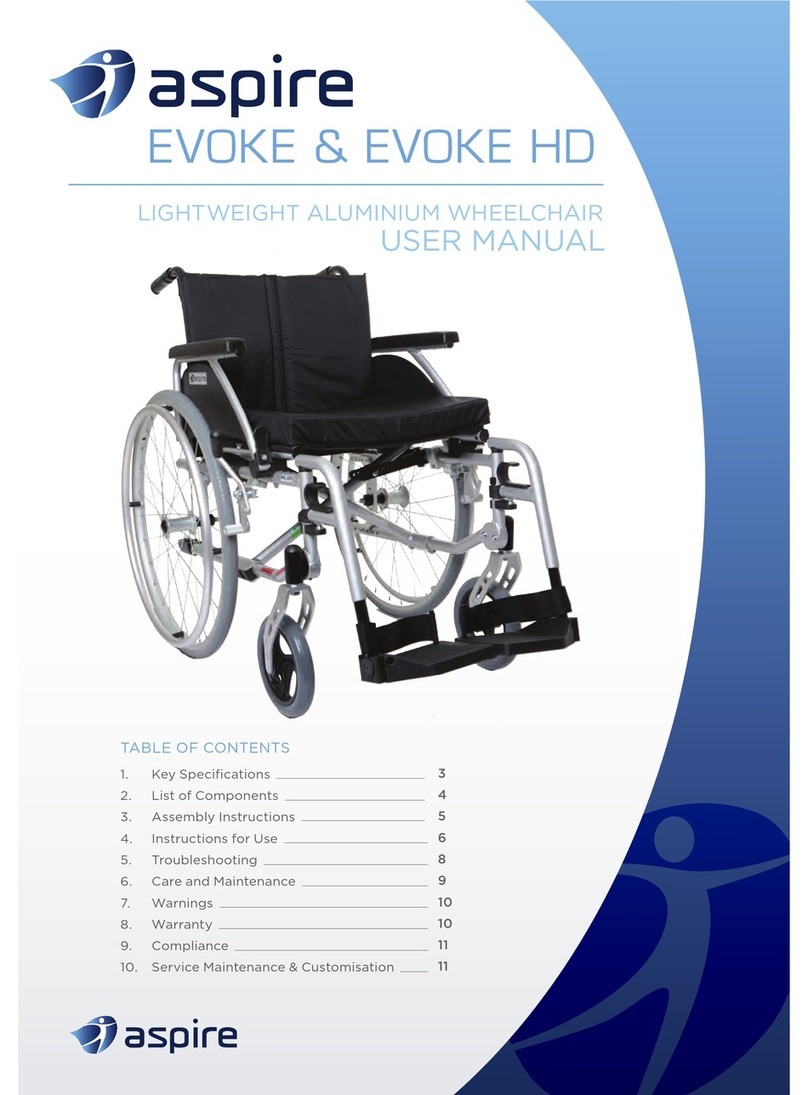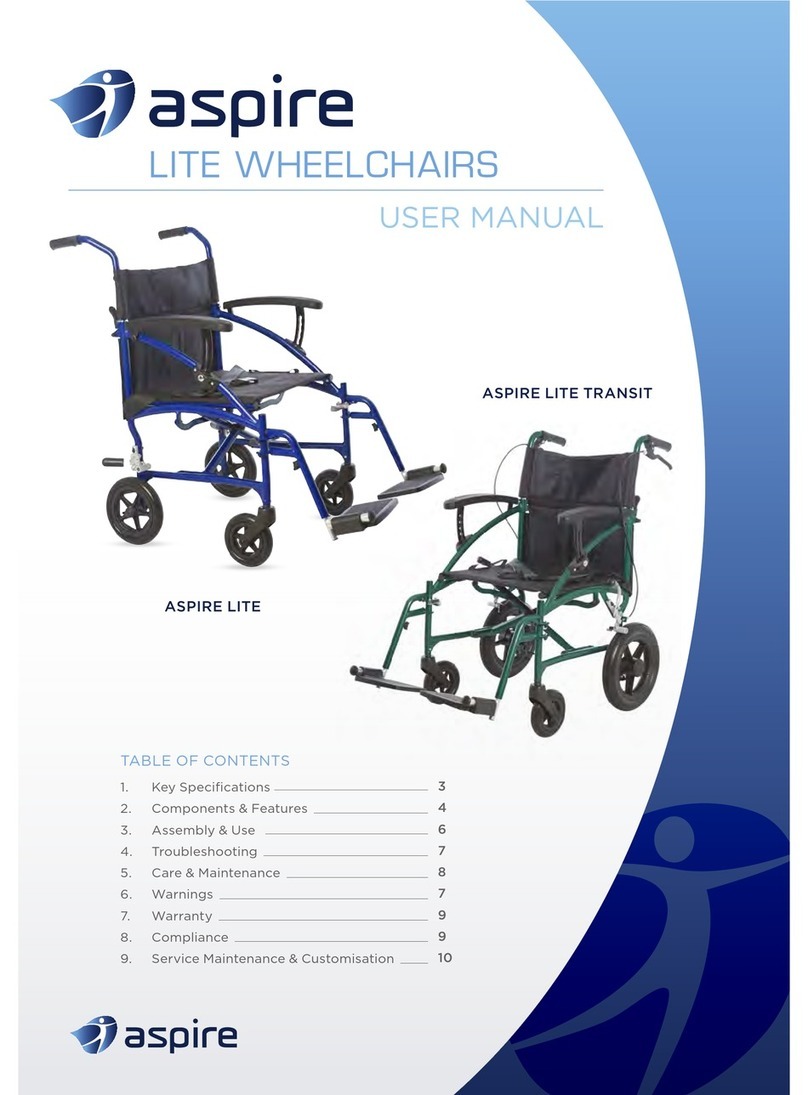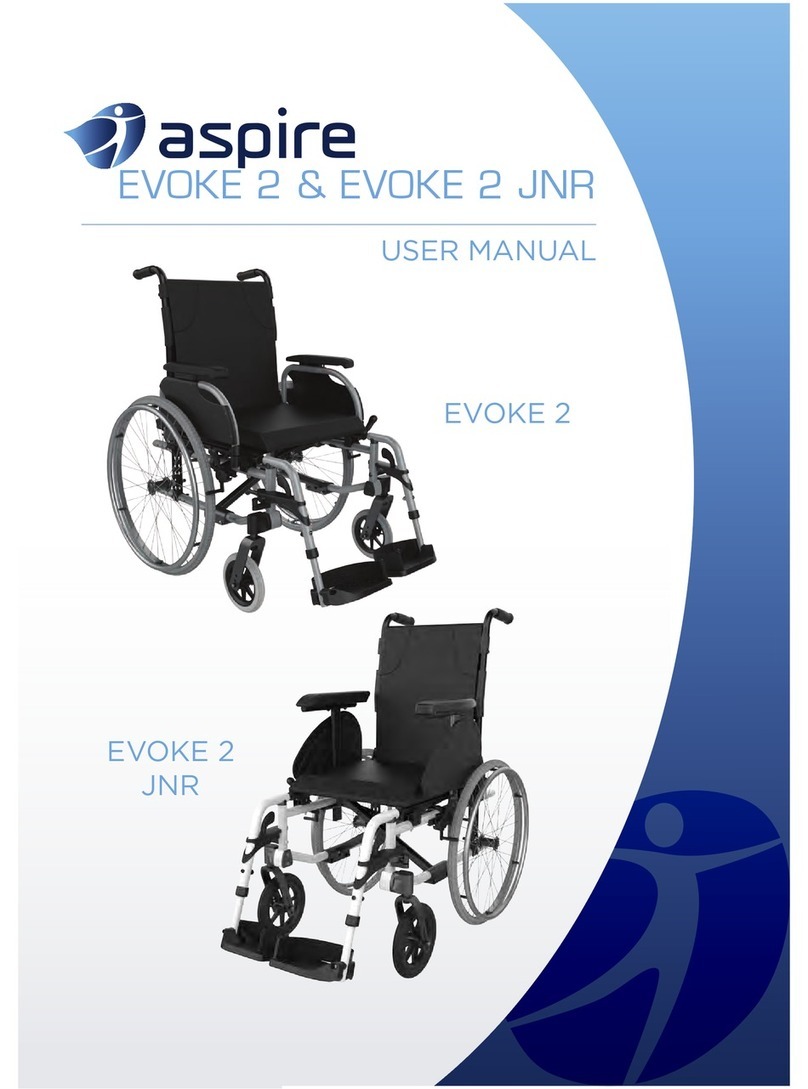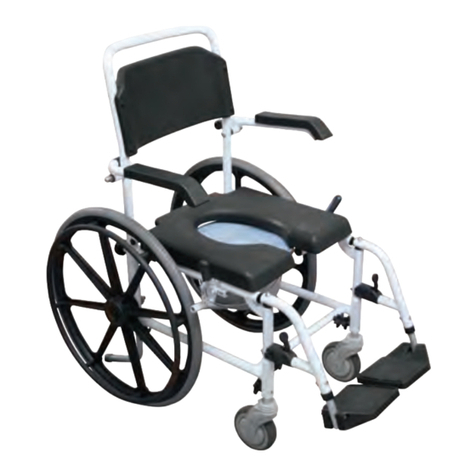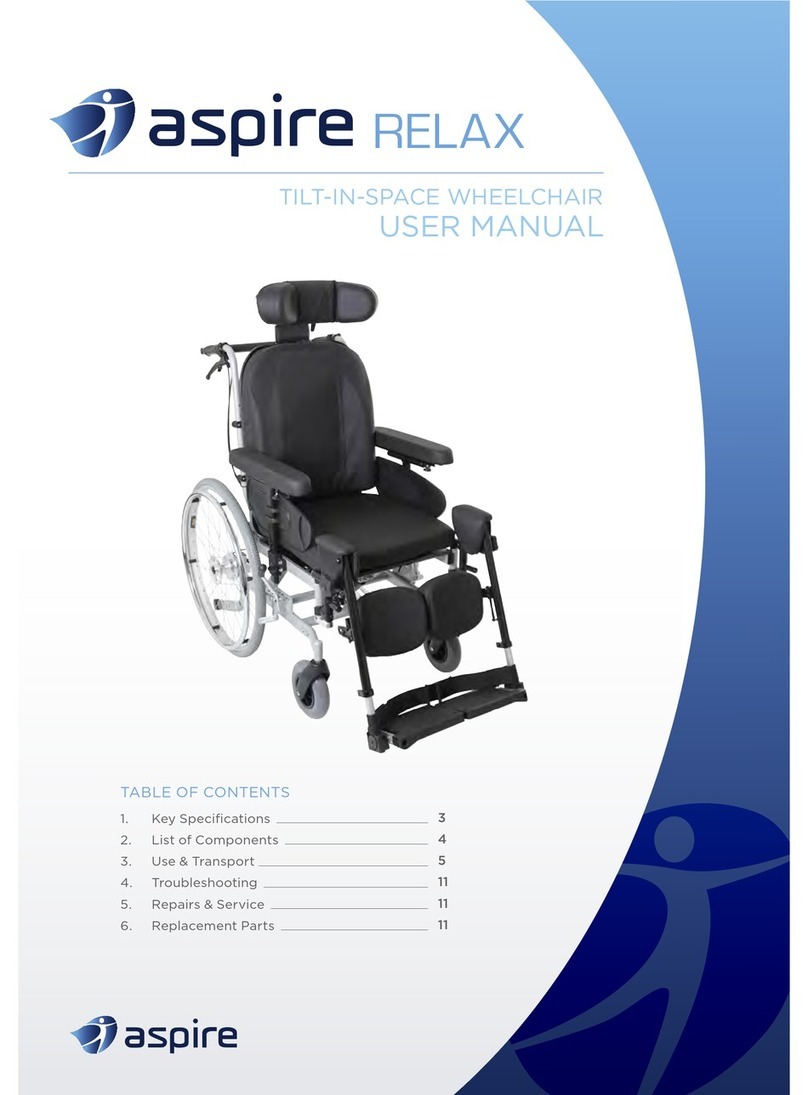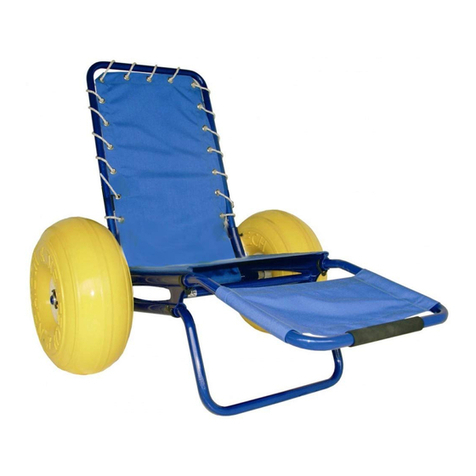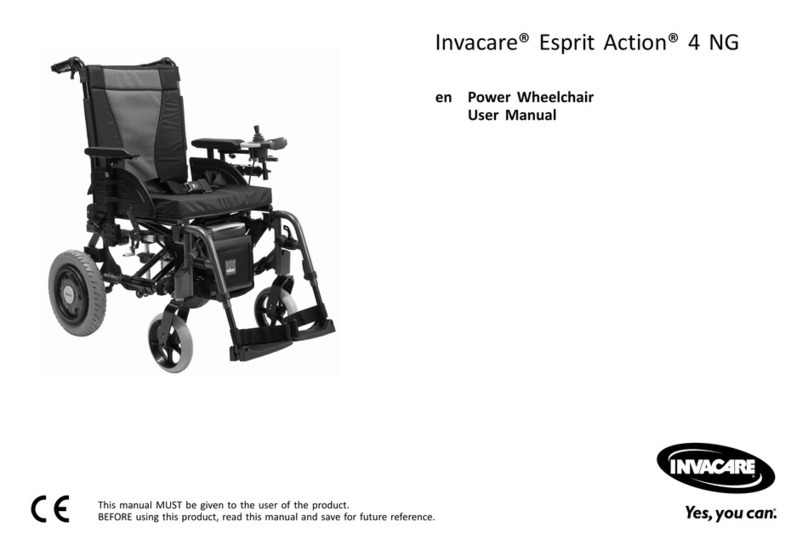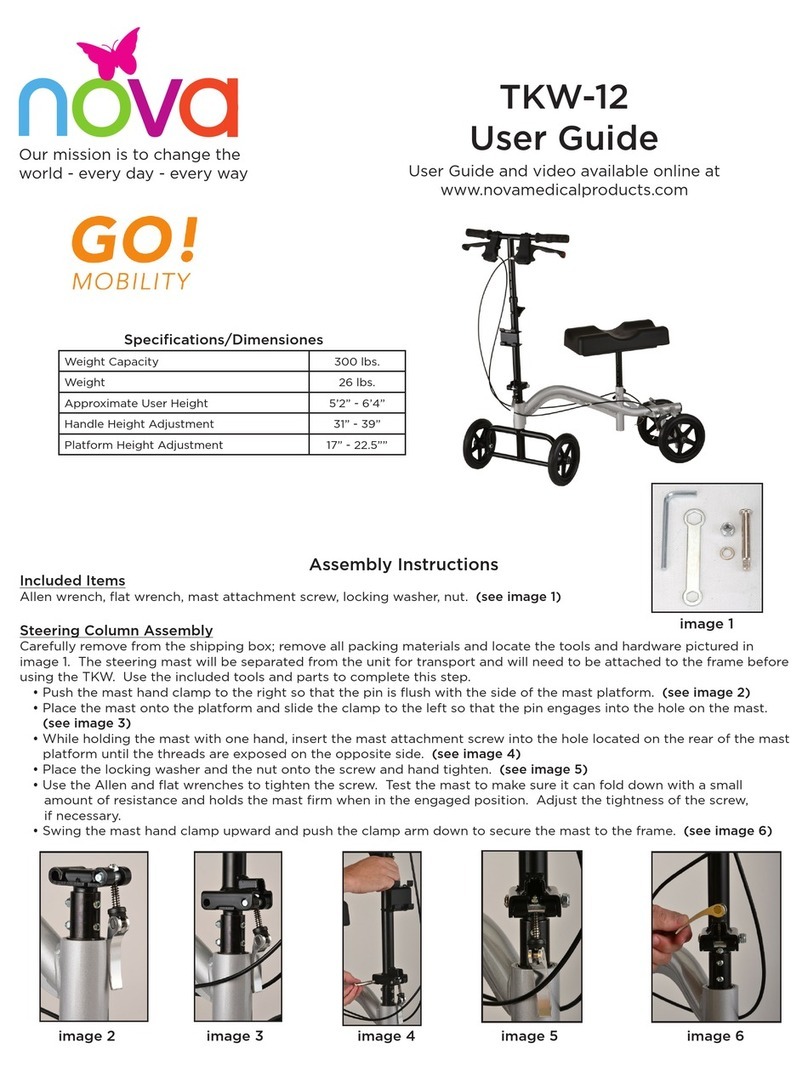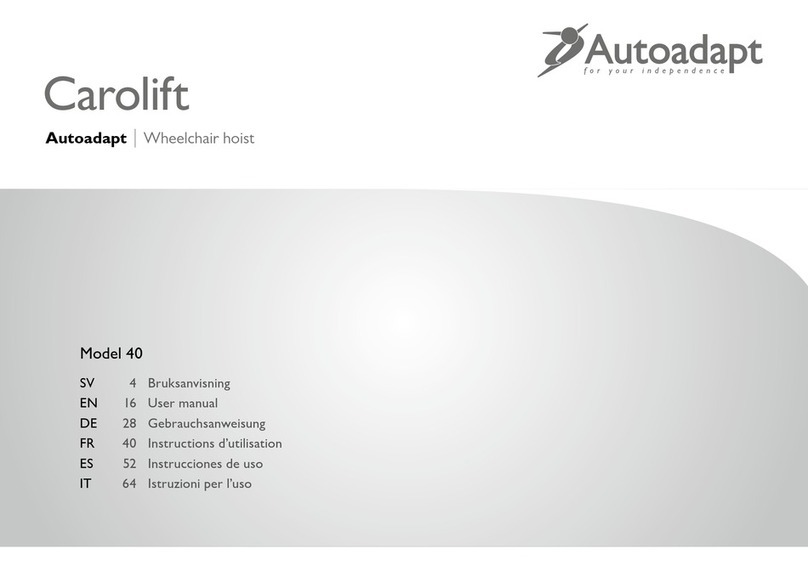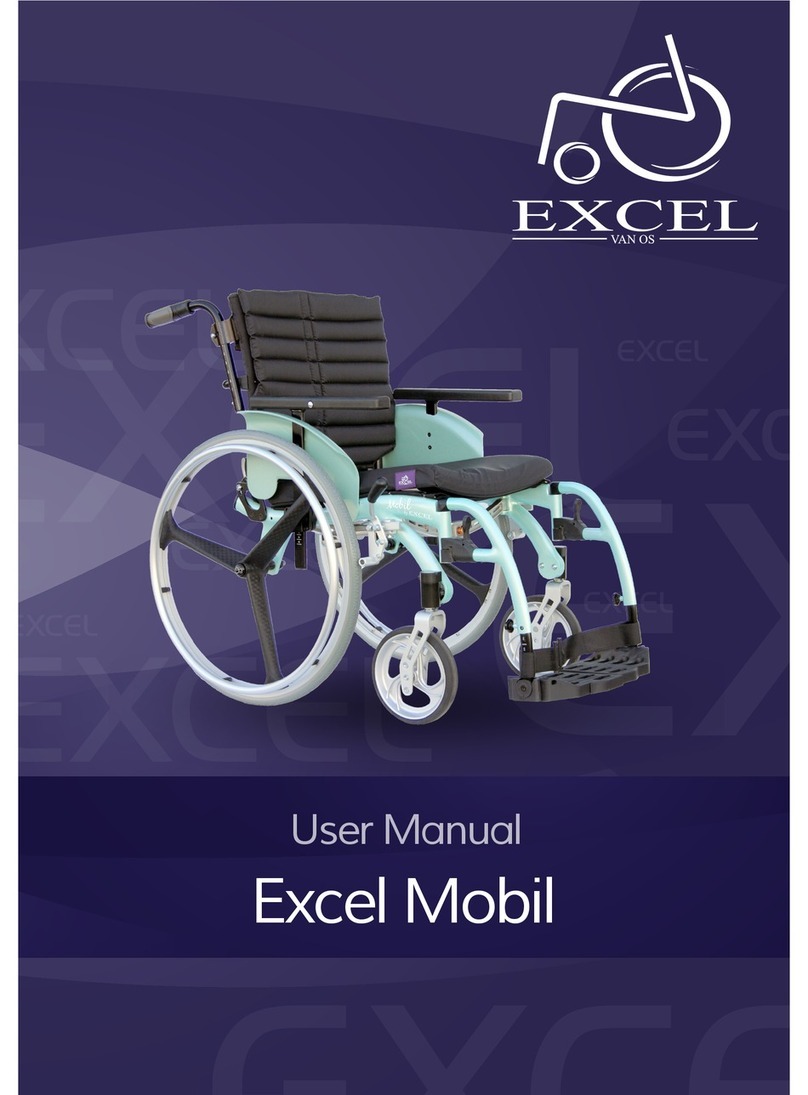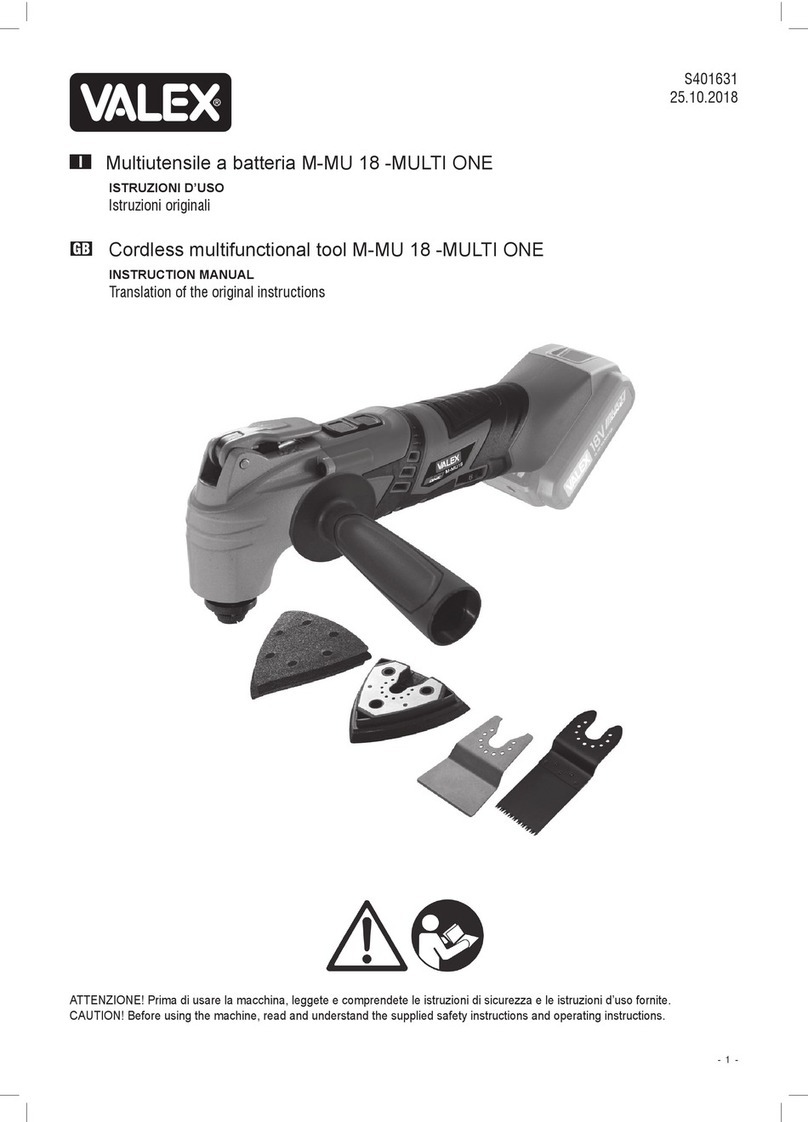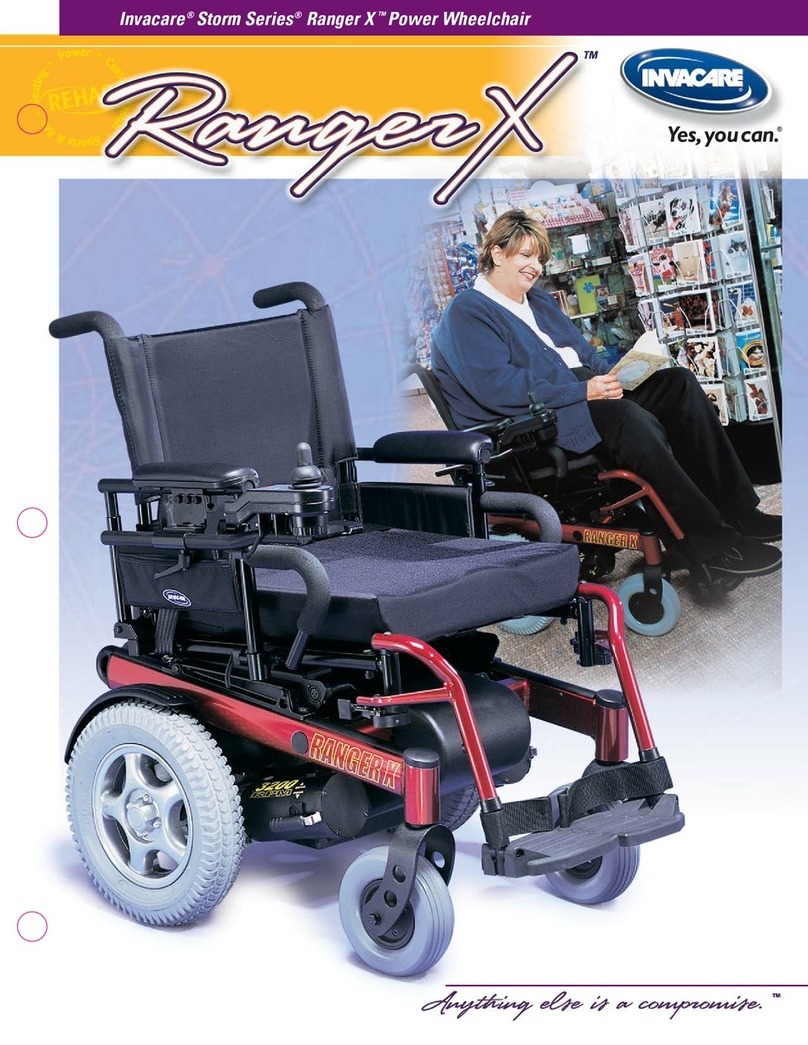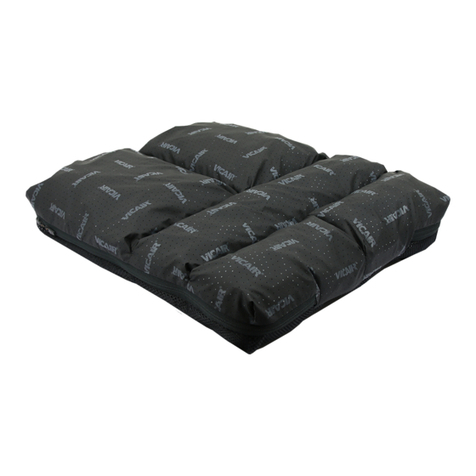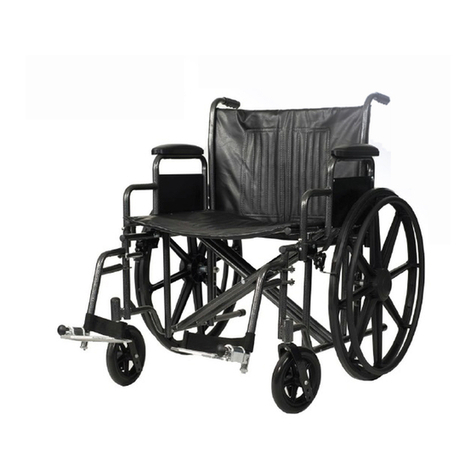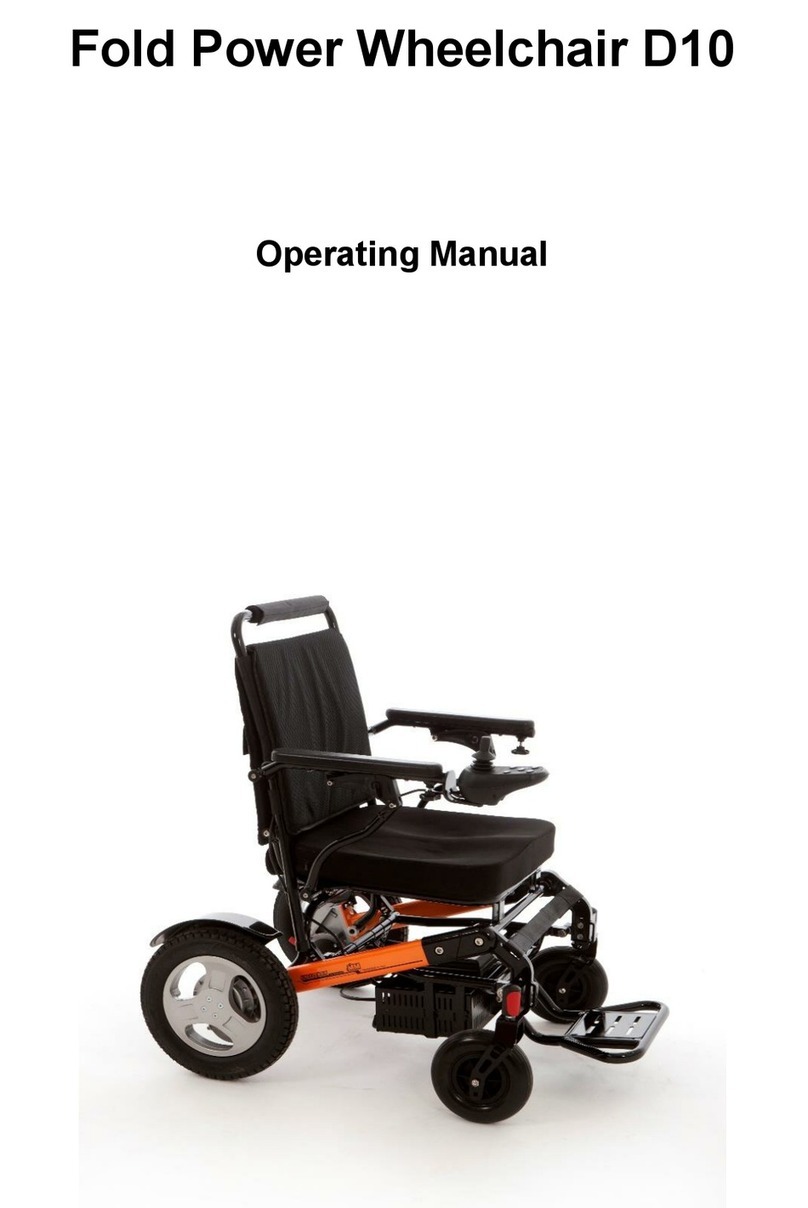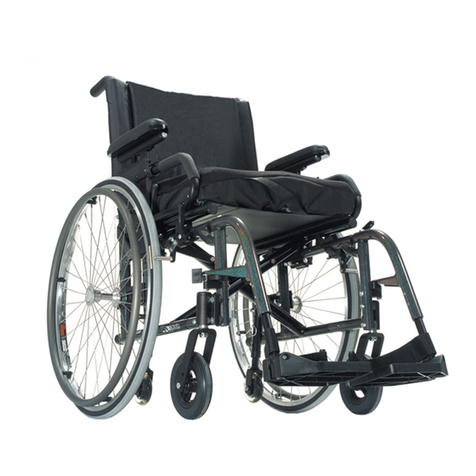
54
1. SYMBOLS USED IN THIS MANUAL
The symbols below are used throughout this user manual and on the product to identify warnings and
important information. It is very important for you to read them and understand them completely.
WARNING
WARNING! Indicates a potentially hazardous condition/situation. Failure to follow
designated procedures can cause either personal injury, component damage or
malfunction. On the product, this icon is represented as a black symbol on a white triangle
with a black border.
ALWAYS! These actions should be performed as specified. Failure to perform mandatory
actions can cause personal injury and/or equipment damage. On the product, this icon is
represented as a white infinity symbol on a black dot with a white border.
DO NOT! These actions are prohibited. These actions should not be performed at any time
or in any circumstances. Performing a prohibited action can cause personal injury and/or
equipment damage. On the product, this icon is represented as a white symbol with a black
circle and black slash.
2. SYMBOLS USED ON THE PRODUCT
ASPIRE EVOKE 2 MANUAL WHEELCHAIR
This product is specifically designed for individuals who, due to a wide variety of reasons, have
limited mobility or are unable to walk. This product should be used as a tool to assist with mobility
or walking difficulties.
Attendant Propelled Wheelchairs are able to be propelled by an attendant with the push handles.
This wheelchair is designed for indoor and limited outdoor use. When used outdoors this wheelchair
must remain on sealed, level terrain (examples include but are not limited to shopping centres, medical
centres, flat and level footpaths, and environments with accessibility-focused layouts). When using
outdoors it is suggested that anti-tip wheels are fitted.
Self Propelled Wheelchairs are able to be propelled by a user with the self-propelling wheels or by
an attendant with the push handles. This wheelchair is designed for indoor and limited outdoor use.
When used outdoors this wheelchair must remain on sealed, level terrain (examples include but are
not limited to shopping centres, medical centres, flat and level footpaths, and environments with
accessibility-focused layouts. When using outdoors it is suggested that anti-tip wheels are fitted.
WARNING
WARNING! This wheelchair is intended to bear the weight of an occupant through its
wheels during propulsion and when stationary. It is NOT designed to be lifted/carried
with an occupant in the seat and doing so may cause serious injury or death.
ASPIRE EVOKE 2 JNR MANUAL WHEELCHAIR
This product is specifically designed for children who, due to a wide variety of reasons, have limited
mobility or are unable to walk. This product should be used as a tool to assist with mobility or
walking difficulties.
Attendant Propelled Wheelchairs are able to be propelled by an attendant with the push handles.
This wheelchair is designed for indoor and limited outdoor use. When used outdoors this wheelchair
must remain on sealed, level terrain (examples include but are not limited to shopping centres, medical
centres, flat and level footpaths, and environments with accessibility-focused layouts). When using
outdoors it is suggested that anti-tip wheels are fitted.
Self Propelled Wheelchairs are able to be propelled by a user with the self-propelling wheels or by
an attendant with the push handles. This wheelchair is designed for indoor and limited outdoor use.
When used outdoors this wheelchair must remain on sealed, level terrain (examples include but are
not limited to shopping centres, medical centres, flat and level footpaths, and environments with
accessibility-focused layouts. When using outdoors it is suggested that anti-tip wheels are fitted.
WARNING
WARNING! This wheelchair is intended to bear the weight of an occupant through its
wheels during propulsion and when stationary. It is NOT designed to be lifted/carried
with an occupant in the seat and doing so may cause serious injury or death.
3. INTENDED USE
Product Code UKCA Mark
Serial Number SWL
140KG Safe Working Load
Manufacturing Date Read User Manual
Manufacturer Caution
Importer Medical Device
CN Country of Manufacture Crash Tested to ISO7176-19:2008
UK REP Authorised Representative in UK
EVOKE 2 WHEELCHAIR
MWS449500 | MWS449500-UK
SN
5 Ashley Road, Clevedon BS21 7UX
UK REP SGB QA/RA
Consulting Ltd
AUSTRALIA | Aidacare Pty Ltd | ABN 40 134 833
Building 3A, 1 Moorebank Avenue, Moorebank NSW 2170
1300 133 120 | product@aidacare.com.au
Manufactured:
UNITED KINGDOM | Aidacare Ltd | Registration 13785408
Arcadia House, Maritime Walk, Ocean Village,
Southampton SO14 3TL
01622 541235 | info@aidacare.co.uk
MADE IN PRC It is recommended that you
have this product serviced every 12 months
CN
SWL
140KG
ISO 7176-19:2008
